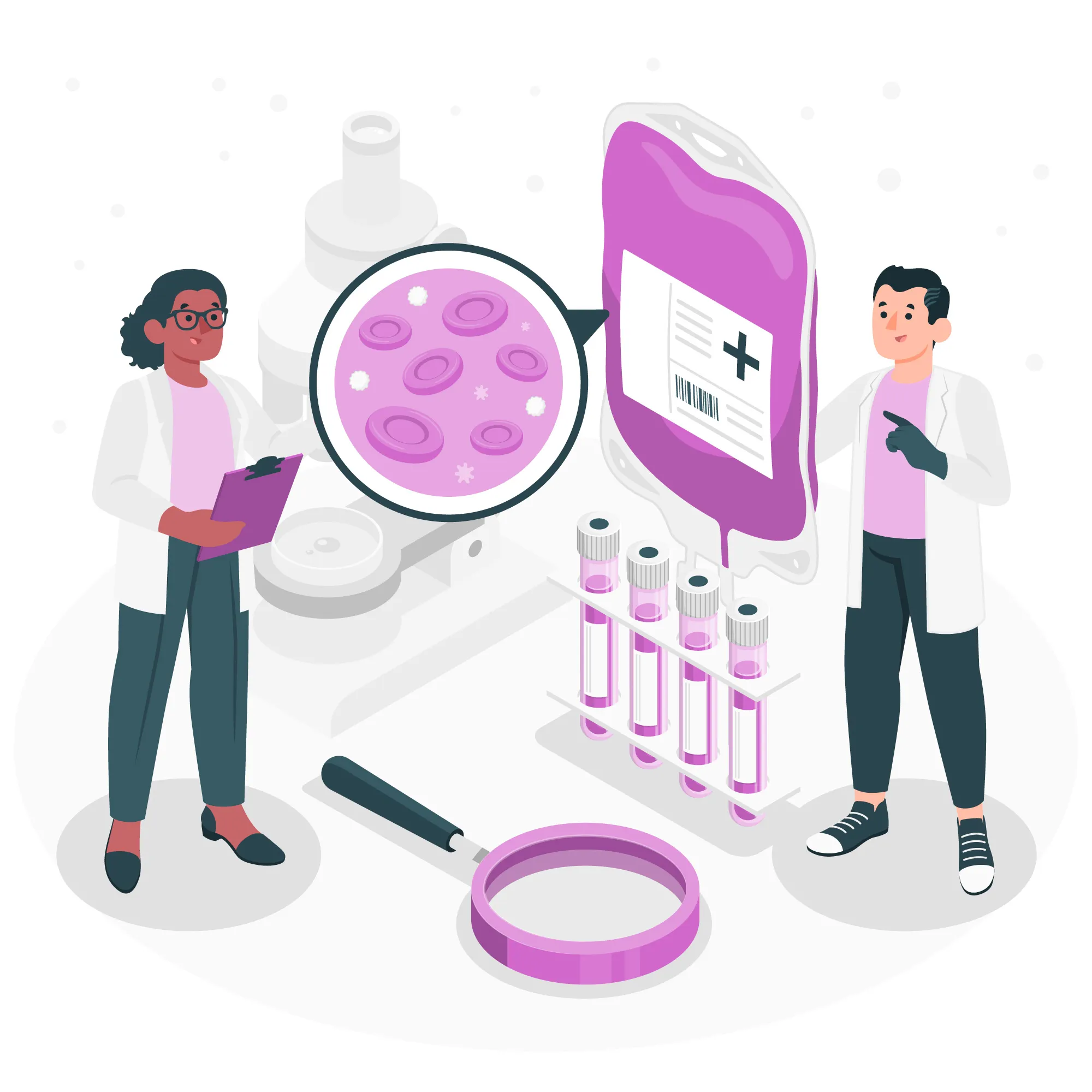Introduction
In the complex and evolving landscape of drug development, target validation plays a crucial role in ensuring that therapeutic interventions are directed at the right molecular targets. While identifying disease-associated genes or proteins has become more feasible with modern tools, determining whether these targets are genuinely viable for treatment remains a significant scientific and strategic challenge. At World BI, through the Drug Discovery Innovation Programme, we bring attention to this essential aspect of the discovery process, fostering discussions and insights that bridge early research with successful drug development.
What is Target Validation?
- A scientific process used to confirm that a biological target is directly involved in a disease mechanism.
- Ensures that modulating the target with a drug will have a desired therapeutic effect.
- Helps avoid costly failures in clinical development by validating efficacy early in the pipeline.
Importance of Target Validation
- Minimizes late-stage failure by ensuring strong biological rationale before progressing compounds.
- Improves clinical trial design through clearer mechanistic understanding and biomarker alignment.
- Strengthens investor confidence with robust scientific evidence backing the development strategy.
- Increases return on investment by reducing unnecessary research and development costs.

- Enables precision medicine by matching validated targets to well-defined patient populations.
Key Methods of Target Validation
Genetic Approaches
- Use of CRISPR, RNA interference (RNAi), or knockout models to observe effects on disease phenotype.
- Identification of genetic mutations linked to disease progression or suppression.
Pharmacological Techniques
- Application of small molecules or biologics to modulate target activity and observe biological response.
- Use of tool compounds to simulate the therapeutic mechanism.
Omics Technologies
- Transcriptomics, proteomics, and metabolomics to map changes associated with target manipulation.
- Identification of compensatory pathways or off-target effects.
Clinical and Epidemiological Data
- Integration of real-world evidence and genome-wide association studies (GWAS) to support target relevance in humans.
- Use of retrospective clinical data to associate target modulation with disease outcomes.
Emerging Technologies Enhancing Target Validation
Single-Cell Omics
- Enables detailed profiling of target expression at the cellular level.
- Helps uncover cell-specific effects that may not be visible in bulk tissue analysis.
Artificial Intelligence (AI) & Machine Learning
- Predicts target–disease relationships from large datasets.
- Identifies hidden patterns and accelerates hypothesis generation.
3D Cell Cultures and Organoids
- Provides more physiologically relevant models for validating target effects.
- Simulates human organ environments to improve translational accuracy.
Targeted Protein Degradation
- Advances like PROTACs validate targets by demonstrating degradation as a viable therapeutic strategy.
- Useful for “undruggable” proteins lacking active sites.
Challenges in Target Validation
Biological Redundancy
- Compensatory pathways can mask the effect of target inhibition.
- Requires network analysis and combination studies.
Model Relevance
- Animal models may not accurately represent human disease biology.
- Calls for human-derived cell lines and patient-based models.
Off-Target Effects
- Inaccurate modulation can produce misleading results.
- Demands stringent control experiments and validation tools.
Data Integration Difficulties

- Combining omics, clinical, and experimental data is technically challenging.
- Requires multidisciplinary collaboration and robust bioinformatics platforms.
Success Stories That Prove the Power of Target Validation
PCSK9 Inhibitors
- Genetic validation of PCSK9’s role in cholesterol regulation led to the rapid development of effective drugs.
BCL-2 Inhibition in Cancer
- Preclinical validation of BCL-2 in promoting cancer cell survival resulted in successful development of venetoclax.
Targeting KRAS G12C
- After decades of being considered “undruggable,” deep biological validation enabled breakthrough inhibitors for cancer treatment.
JAK Inhibitors in Autoimmune Diseases
- Rigorous target validation paved the way for a new class of drugs treating conditions like rheumatoid arthritis.
How Drug Discovery Innovation Programme Drives Target Validation Dialogue
Expert Sessions and Panels
- Brings together thought leaders from biotech, pharma, and academia to share methodologies and breakthroughs.
Interactive Workshops
- Hands-on learning about CRISPR screening, AI-assisted prioritization, and biomarker development.
Real-World Case Studies
- Presentations on successful target validation journeys from concept to clinic.
Collaboration Opportunities
- Facilitates networking between startups, researchers, CROs, and investors to strengthen early-stage development.
Regulatory Insights
- Dialogues with agencies provide clarity on what constitutes sufficient validation evidence for new drug applications.
Practical Tips for Effective Target Validation
- Use Multiple Validation Methods - Combine genetic, pharmacological, and clinical approaches for strong evidence.
- Choose the Right Models - Select systems that closely mimic human disease biology.
- Invest Early in Biomarkers - Enables tracking of target engagement and therapeutic effect in clinical settings.
- Collaborate Across Disciplines - Integrate biology, chemistry, computational sciences, and clinical data.
- Stay Updated on Technology - Leverage innovations like AI, spatial biology, and patient-derived models.
Target validation is no longer a step that can be overlooked or rushed in the drug discovery journey. It is a foundation that supports the entire pipeline, ensuring that the right targets are chosen, tested, and pursued. At World BI, we recognize the immense value of this process and continue to spotlight it through the Drug Discovery Innovation Programme. Our goal is to inspire, connect, and equip researchers and innovators with the tools and insights needed to validate targets more effectively—bringing safer, smarter therapies to patients worldwide. Whether you are a scientist, startup founder, or strategic investor, your understanding of target validation can shape the success of your next breakthrough.